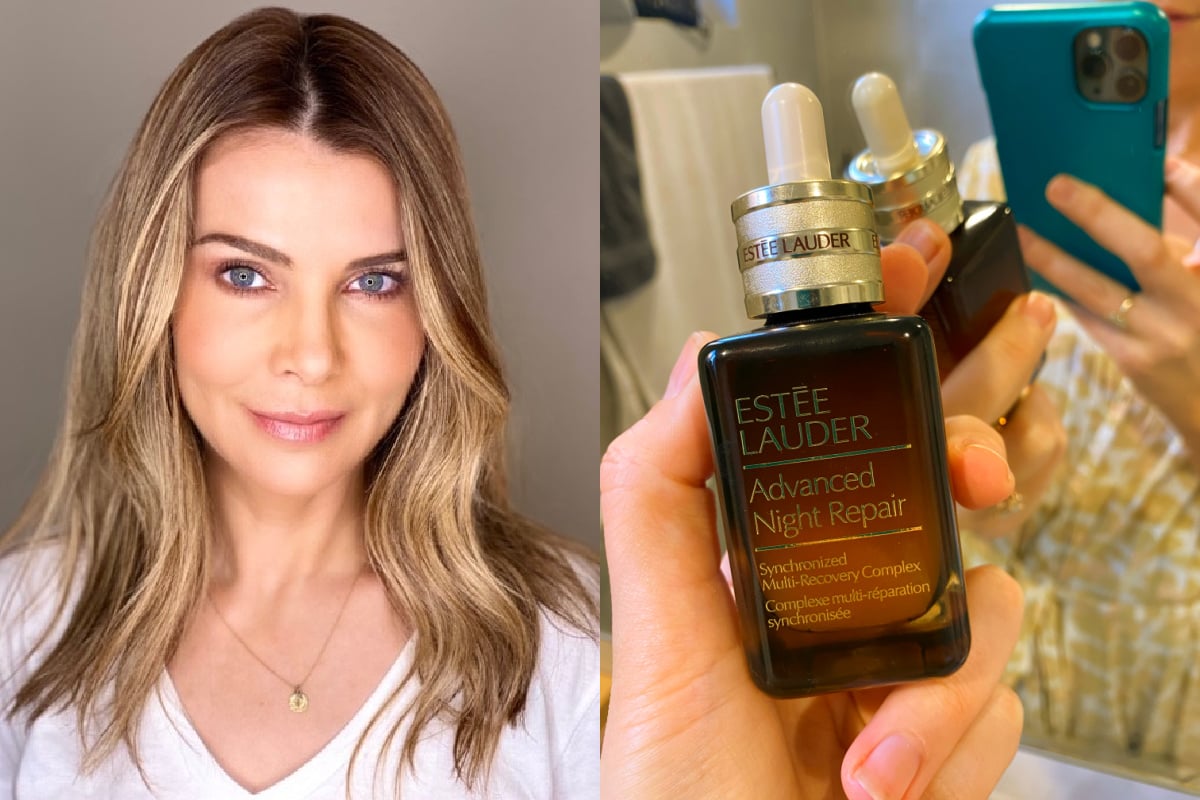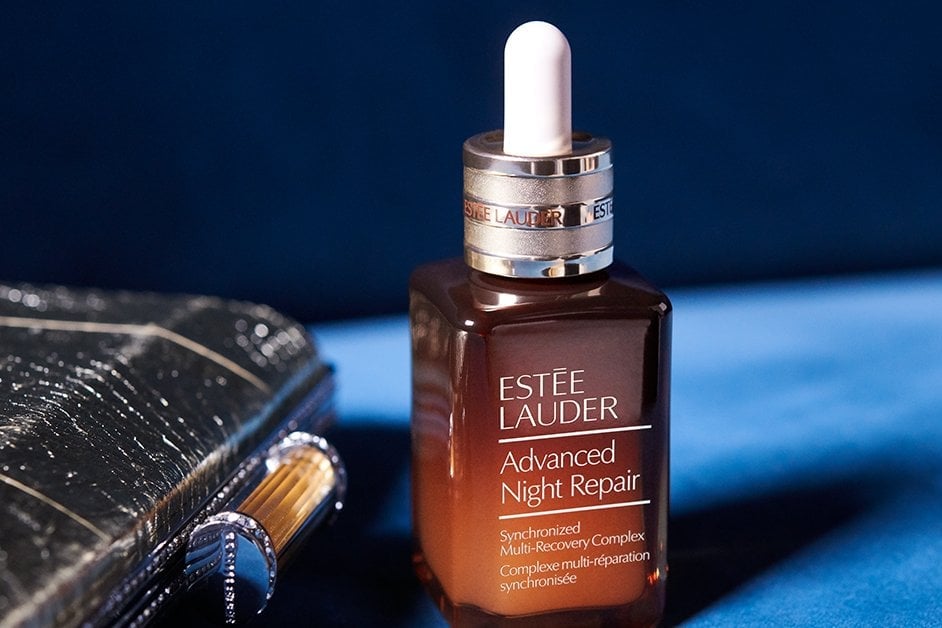

Fact: The whole skincare game can be freakin' confusing. So many brands! So many products! So many fancy words! So many monies! My goodness. So, please don't feel you're the only one who is utterly bewildered by it all. Feeling overwhelmed is very much allowed.
Invariably, one of the major areas you'll struggle with is trying to navigate the (often virtual) aisle of serums. Like, we know they're good for our skin, but 11/10 times you'll end up feeling that you need a science degree to figure out what your skin *actually* needs. And we get it - there's nothing worse than doshing out your hard-earned pennies on something that ends up making your skin freak out. Ugh.
With that in mind, it’s worth investing a bit of time into researching a serum to make sure it meets your skin's needs, before taking the leap and chucking it in your shopping basket. But we get it - Googling these kinda things is just A LOT.
To save you some time trawling through the web like a lost lamb, we thought we'd answer the most common serum-related questions in one place. We asked women from our You Beauty Facebook group what they wanted to know about serums - and for the love of glycolic acid, did they have questions! (They did).
Because we're no experts (fooled you!), we asked Nica Marcello, who is the National Education Manager for Estée Lauder and Tom Ford Beauty (she has a whopping 21 years of experience in the industry under her belt #nobiggie) to give us the rundown on what we should look out for when it comes to choosing a serum.
